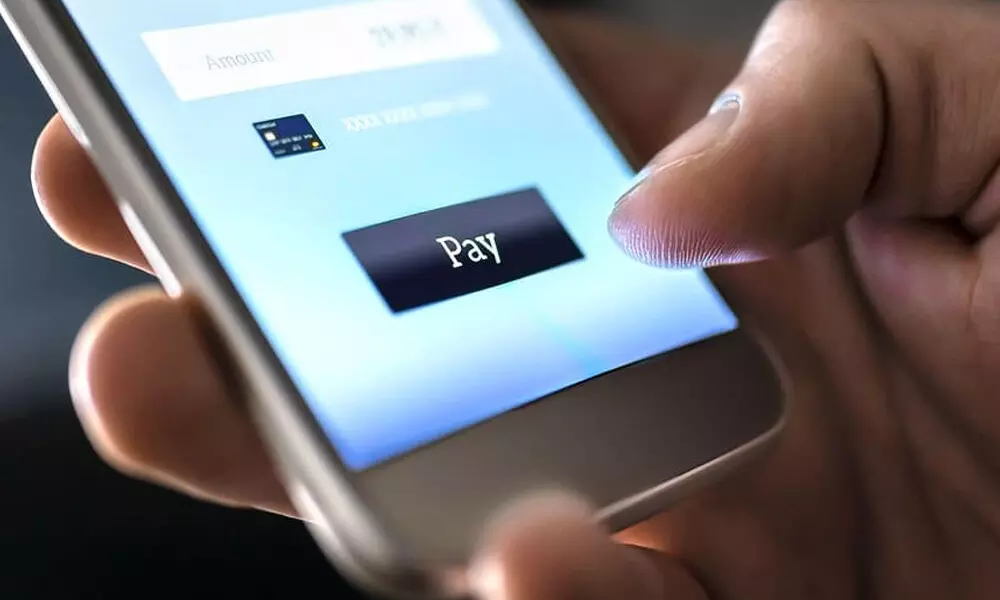More urban Indians suffer payment app frauds, identify thefts

More urban Indians suffer payment app frauds, identify thefts
More urban Indians are facing payment app frauds (24 per cent), identity thefts (20 per cent) and payment card frauds (18 per cent) than ever before during the pandemic, a new report said on Tuesday.
New Delhi: More urban Indians are facing payment app frauds (24 per cent), identity thefts (20 per cent) and payment card frauds (18 per cent) than ever before during the pandemic, a new report said on Tuesday.
Payment-related frauds are the most common forms of breaches suffered by people, according to latest study by Internet-based market research and data analytics firm YouGov, revealing that more than half of urban Indians have suffered data breach in some form in the past.
One in five have faced identity thefts (like social media accounts being hacked or email passwords being stolen) and an equal number suffered data "hacktivism" either for the company they work at or for the online service provider they used (like online apps used by them).
"Data breaches have shown a steady increase in the past few months, and some recent media reports suggest that the cyber fraud incidents may go up in 2021. Interestingly, millennials are more likely than the rest to say that they have been victims of all forms of data breaches listed earlier," the report noted.
The findings showed that most respondents are concerned about their data privacy to some extent. Only one in ten (9 per cent) are not concerned at all.
"Despite this, only 58 per cent read the privacy terms and conditions before signing up for an app or a web service," the report noted.
When it comes to personally identifiable information, the study found that people consider some types of personal information more important than others.
Banking data such as ATM pins and passwords are considered the most important assets, followed by government issued documents (76 per cent and 63 per cent, respectively find them extremely important).
More than half consider passwords (59 per cent) and phone numbers (51 per cent) extremely important.
"Only one out of seven respondents believes that personal data is secure with e-commerce sites and online businesses (14 per cent). Social media platforms (7 per cent) and hospitals or other healthcare units (6 per cent) are the least trusted by people when it comes to their personal data," the report noted.

